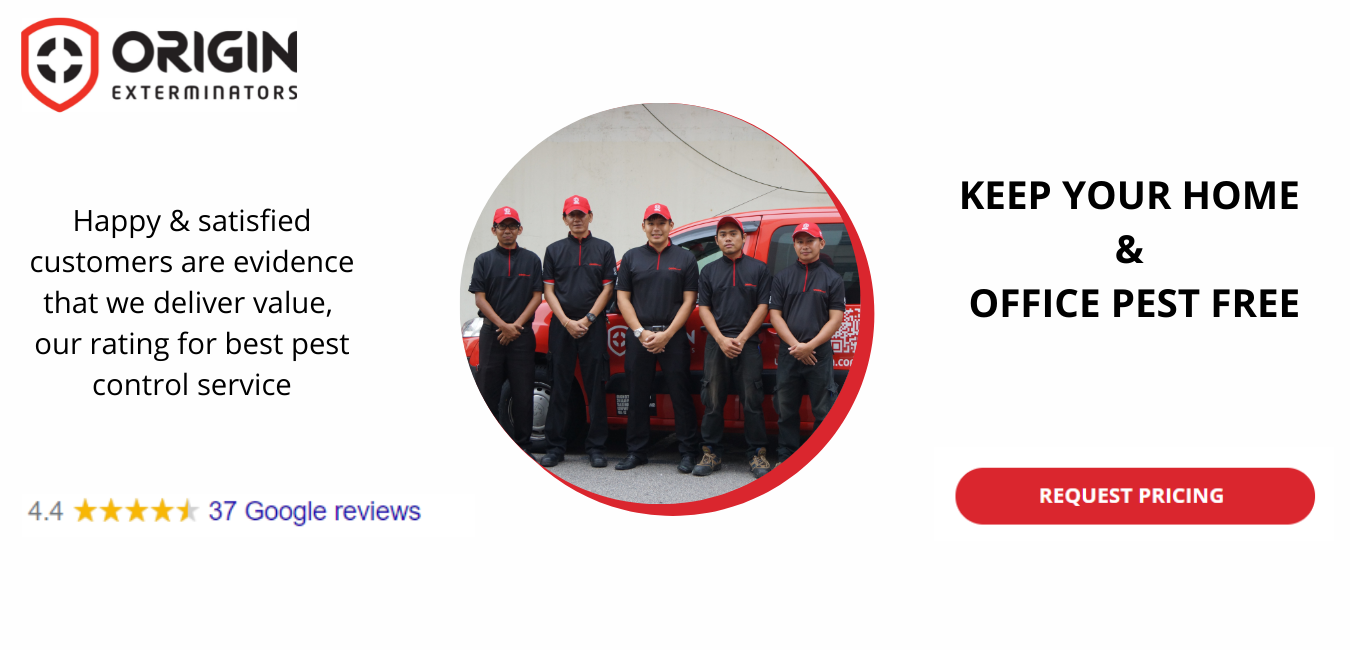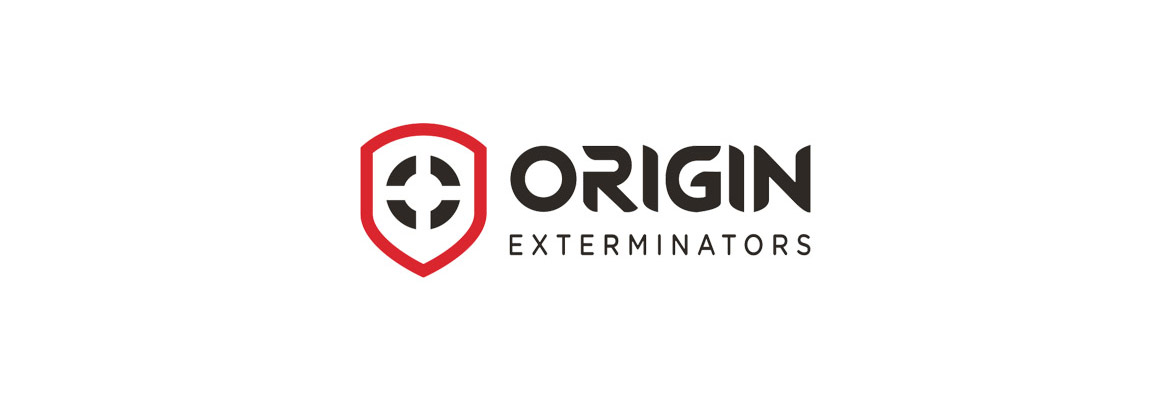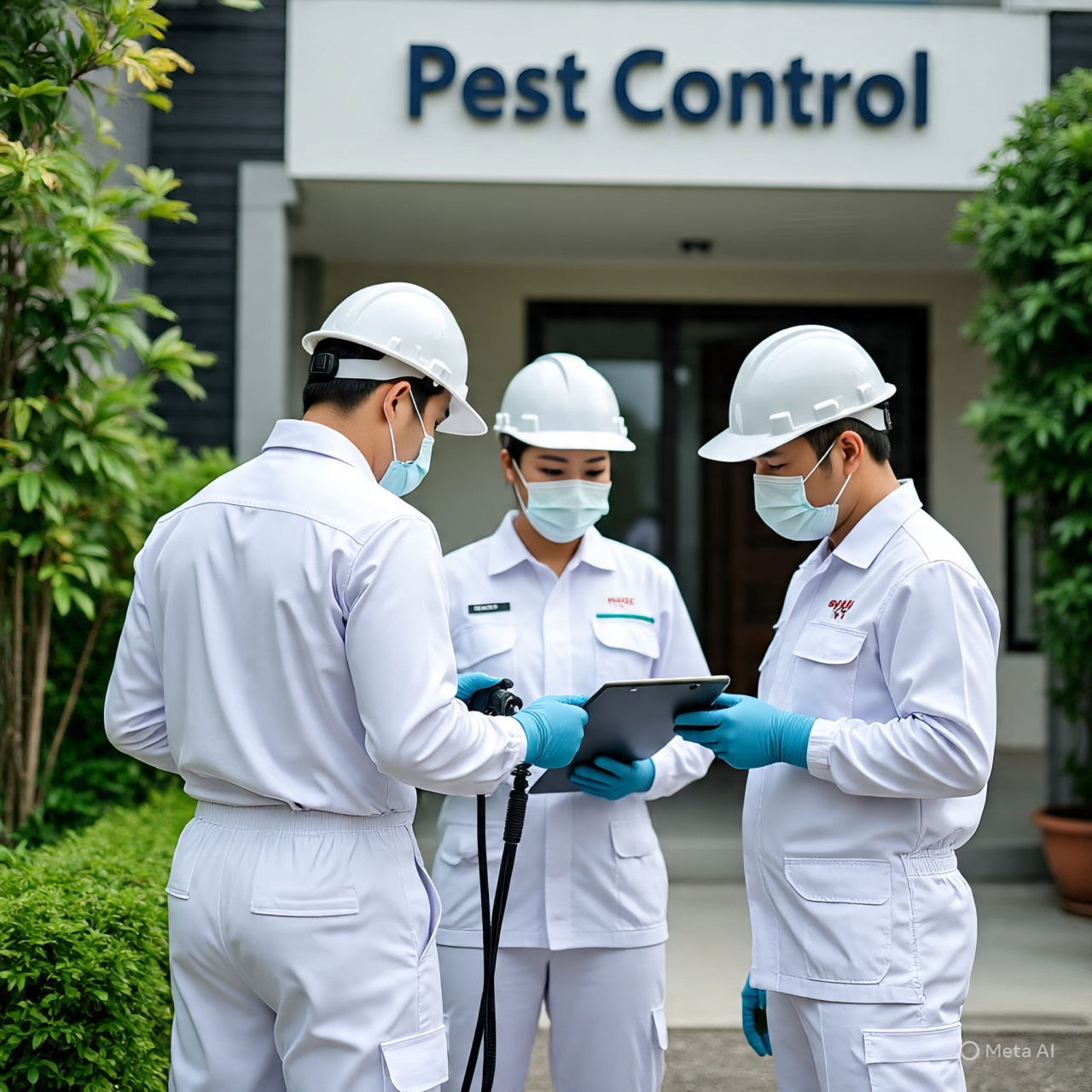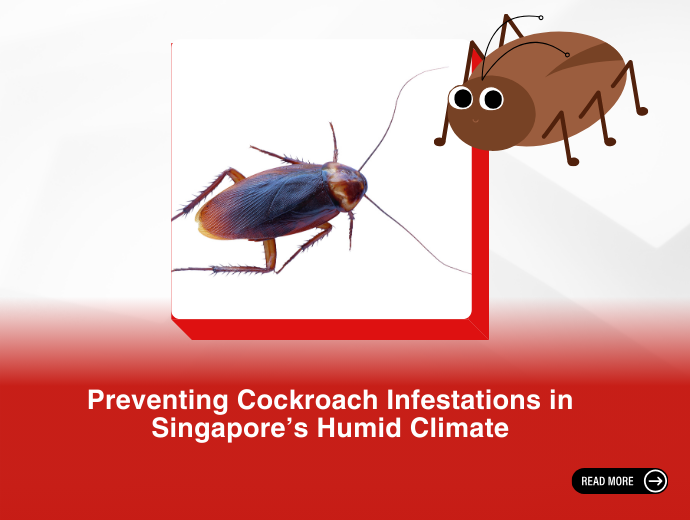Pest infestation has become a problem for most people in Singapore as a result of recent environmental changes. Professional involvement has been required to bring the issue under control. The question is, what criteria should be used to find the best pest control, expert? We did some research and came up with the following results. Everyone should follow these factors if they want the greatest pest control services from experts.
Section 1: Brand Reputation
The pest management industry in Singapore has close to 300 companies, but a large percentage (~70-80%) of these companies are small operations where the owner is also the technician, accountant, salesperson.. you get the idea.
A few key questions to consider when googling up a few options:
- What are people saying about this particular company/brand?
- Are they reputable in the marketplace?
- Who else is using their services?
- Which are the other clients on their list of track records
- Do they have testimonials from satisfied clients that they can provide to you?
There are about 5-10 top companies in the Pest Control Service industry which are considered more reputable, and whilst they all offer treatment for various sectors across both B2B and B2C, most of these companies will tend to have their niche in certain sectors.
It is good to go to the company’s website or call up their consultants to find out how they tailor their solutions for your sector specifically.
Section 2: Methodology
To avoid getting taken in by fancy packaging and complicated sounding industry jargon, take a good look at exactly what methods and chemicals are being proposed for your site.
Most of the “established” or “well-known” methods being asked for in most tenders are actually technologies that are decades old. This includes larviciding for mosquito larvae using AM oil and fogging for adult mosquitoes, to a simple residual spray for cockroaches and ants. In fact, most of the residual sprays being colorless and odorless, how do you even know your service provider isn’t spraying plain old H2O for you, or at a chemical dilution rate so high that there is barely any active chemical being laid down onsite!
A few key questions to ask:
- What is the method being used? Can your vendor provide a detailed method statement?
- Do your own research on common methods in the marketplace
- Ask your vendor what chemical is being used, and what are his dilution rates
- Look out for methods that are “unconventional” and find out more about them from your vendor. These may be updated in technology that you are not aware of
- Comparing methods between vendors: Consider the KPI or output of the treatment instead of looking at just the inputs by way of manpower
- Can newer methods achieve the same or better KPIs? If so, you may be getting more bang for your buck with these methods
- Research the chemicals being proposed for the treatment. Are these cheaper or more expensive chemicals? A quick call to the chemical distributors for this industry will give you the information you need. You can find them on google by searching for the chemical name and a local distributor.
Section 3: Professionalism of staff
Standards of professionalism vary greatly across the pest control service industry, with fly-by-night one-man operations, all the way up to well-established MNCs. It is important to consider the professionalism of the company on two levels: Their on-field staff and their quality assurance processes.
In Singapore, all vector control workers and technicians MUST get a license from NEA. This is divided into two categories:
- Full vector control worker/ technician license
- Provisional license
The difference is that the person must have completed a joint NEA/ITE course before getting the full license, and the qualification between worker/technician depends on the educational background of the worker, not his skills in the field. For the provisional license, this is issued BEFORE the staff attends the course, and personnel with a provisional license are allowed to work in the field when accompanied by a licensed technician. It is important to note that many companies in the industry rely solely on the NEA licensing process to train their worker. As such, it is important to check what training the worker has had before being deployed to your site, especially if the worker has only got a provisional license!
A few key questions to ask:
- What is the company’s internal training process for the provisional licensed workers/technicians, before they are deployed to do treatment onsite?
- What is the additional training provided to workers/technicians with the full vector control license?
- How often is retraining/refreshers being conducted for their staff?
- What other qualifications do their staff have that them to conduct treatment onsite? (e.g. MOM’s work at heights qualifications for treatment of beehives located above 3 meters, or inspection of false ceilings above 3 meters)
Section 4: Quality assurance aspect
The next side of the equation is the quality assurance aspect. Many small companies in the pest control service industry neglect this completely and do not have a dedicated department or even a person looking at this aspect of their operations.
The level of professionalism is greatly affected by the company’s ability to deliver quality services consistently, and this is very challenging when they do not have an established process to troubleshoot and do service recovery. You may just end up as a very frustrated customer if you engage such vendors.
A few key questions to ask:
- Does the company have a quality assurance department/personnel?
- What are the qualifications of the personnel in the department?
- What is the dispute/problem resolution process for issues found onsite?
- What is their timeline for resolving client complaints?
- What is the protocol for resolving client complaints? ( do they just send you a warm body to do some spraying onsite to mollify you? Or are they conducting a full investigation with corrective actions proposed?)
- What is the escalation profile for problems onsite? (E.g. first level, operations executives, next level up operations manager, etc.)
How hands-on is the management of the company is? Can you escalate issues to them? Are they aware of what is going on at the ground level?
Section 5: Price
Cheaper, better, faster is more often than not, a rose-tinted myth. Ultimately when it comes to any purchase to be made, there are 3 factors of which only 2 can be fulfilled at any point in time:
If it is cheap and fast, it certainly will not be any good, if it is good and fast, then likely it won’t come cheap. And if you’d like a service that’s cheap and good, well, then usually you would expect to be waiting a long time for the delivery, along with other penny-pinching customers.
In short, getting your pest control services in Singapore for a cheaper rate more often than not results in a sacrifice of quality. When it comes to pest control services, poor quality can range from you seeing a few roaches, to getting buried under a landslide of rodents invading the building.
With this, VALUE is a much more fair and effective way to measure the quotes you get during the tender exercise.
Key questions to ask include:
- What do I get for every dollar spent? Is it more manpower? Better methods? Better chemicals?
- What are the KPIs the vendor can commit to for the price quoted? How have they fared on similar KPIs in the past?
- Can I measure the value of the contract based on the outputs instead of the inputs?
- If one vendor is much cheaper than the others, why is this so? Is it the methods? The manpower? Are they cutting corners somewhere?
Add in the above factors of professionalism, brand reputation, and methodology to see if the price quoted is reflective of high scores in the other categories. If this is the case, then paying a little more might take you a long way in terms of value, rather than engaging the cheapest and then dealing with problems and recovery measures down the road. Do remember, that most service providers would charge far more for a corrective job than a maintenance one.
With over 30 years of experience in tropical pest management, ORIGIN has always placed a high focus and emphasis on the value of science and its principles in formulating our treatment methods.





.png)